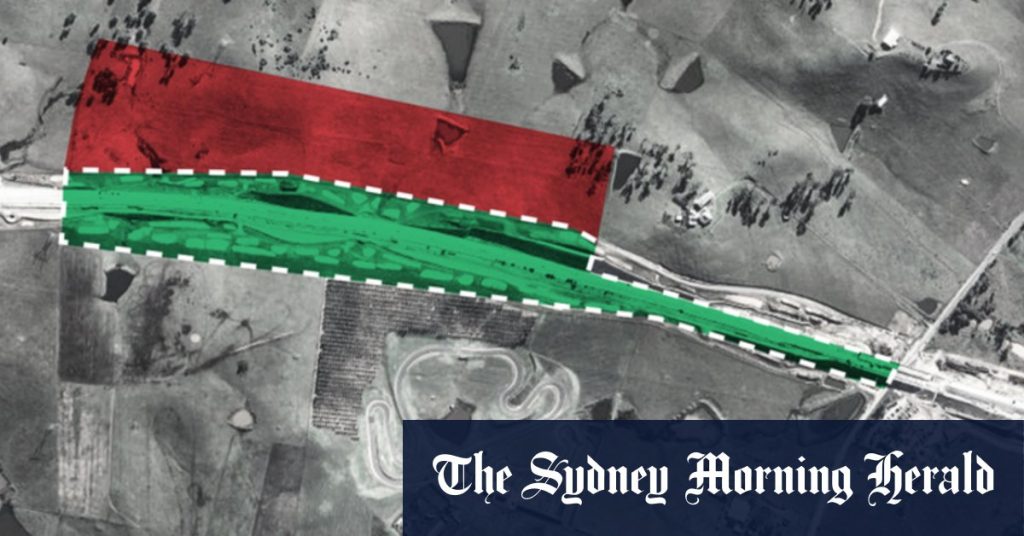Summarize this content to 2000 words in 6 paragraphs LoadingIn court, the transport agency contended Goldmate was entitled to $4 million in compensation, while the company argued for $55.6 million. Goldmate had rebuffed a $24 million offer from Transport for NSW before the compulsory acquisition.The court awarded $9.8 million in April, and Goldmate filed an appeal.The NSW Court of Appeal found in Goldmate’s favour last week, and has sent the case back to the Land and Environment Court to redetermine the compensation payable. This is expected to result in a higher figure.“A lot of landowners have been waiting with bated breath for this decision to be handed down,” said Tom White, a partner at law firm Lander & Rogers.When state authorities compulsorily acquire land, its market value is calculated by explicitly disregarding any increase or decrease in its value linked to “the public purpose” for the acquisition, such as building a new rail line.In this case, the stated purpose for the acquisition was a road.The appeal court found the Land and Environment Court fell into legal error by disregarding the recent rezoning. It did so on the basis that the public purpose for the acquisition was not just for a road but for the broader aereotropolis infrastructure plan.The court said this was wrong because Transport for NSW was not empowered to acquire land for purposes including wider objects, such as to promote economic development around the airport.White said Goldmate “may see an increase in their compensation because the market value of their land could be assessed having regard to the fact that it is zoned enterprise, rather than disregarding that zoning, although that is ultimately a decision for the Land and Environment Court”.“For other landowners in the area, there could be a similar sort of outcome.”Other landowners had “effectively had stalled negotiations” over compensation because “the offers that were being made were relatively small, relying upon the earlier … decision”, White said.“Now, following the Court of Appeal, they’ll be pressing for much larger sums of compensation for the acquisition of their land, particularly in western Sydney but across NSW, really.”White said there would be “some pretty happy people across landowner circles” but the decision was also positive for acquiring authorities because it provided certainty.Sydney barrister Patricia Lane, property law expert and senior lecturer at the University of Sydney, said the decision shed “quite significant light” on how market value would be calculated where land was compulsorily acquired for specific purposes as part of a broader government initiative.“‘Market value’ is a very technical concept, and the compensation law requires specifically that ‘the public purpose’ [for which the land was acquired] must be disregarded in that calculation,” Lane said.“A lot depends on the powers of the acquiring authority – if they have narrow powers to acquire, the public purpose is likely to be narrowly defined.”The Court of Appeal decided that only the narrow purpose of the acquiring authority should be disregarded, and that any “broader government purpose” relating to the land – for example, rezoning to permit particular land uses – should not be disregarded in arriving at market value.“In this case, the land was acquired for a road and the court should not have disregarded the economic effects of the broader government policy on the land. This meant that the landowners could expect a higher market value if the effects of the broader policy on land value could be taken into account.”Start the day with a summary of the day’s most important and interesting stories, analysis and insights. Sign up for our Morning Edition newsletter.
Subscribe to Updates
Get the latest creative news from FooBar about art, design and business.
© 2026 Globe Timeline. All Rights Reserved.













